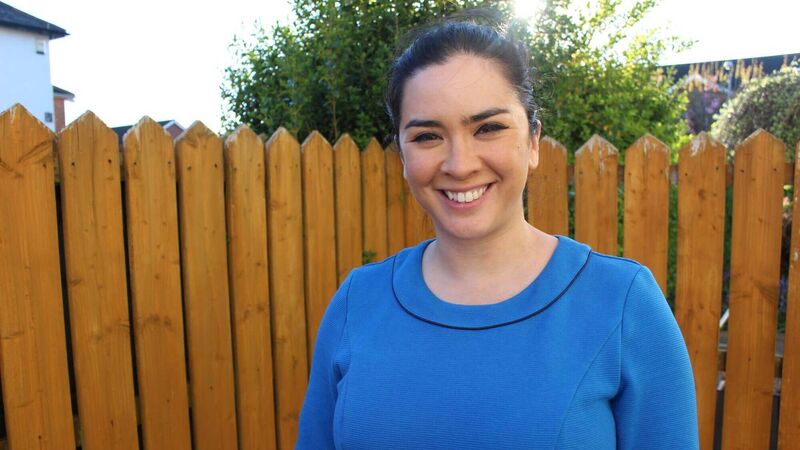Ethnic minority candidates battle to take tribalism out of Northern Ireland politics

Green party candidate Ange Cruz: 'Things are not set up to help people like us.'
When Northern Ireland’s political institutions were established in 1998, they were tailored to govern a “two community” society.
However, Northern Ireland is no longer merely two communities, but a plurality of demographics with little resemblance to its social fabric a quarter of a century before.













